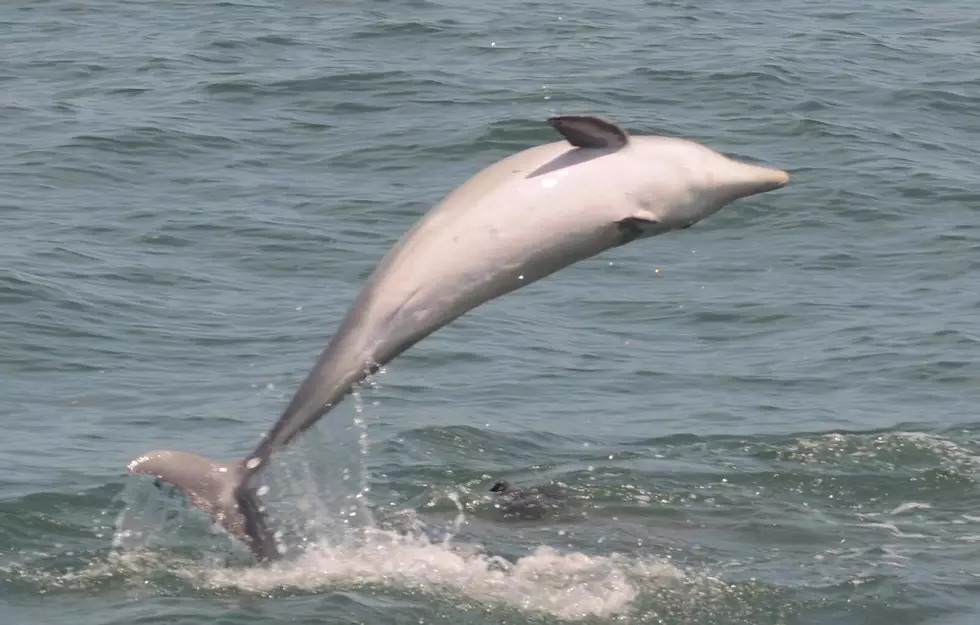
Beached Dolphins, Seals are Not Uncommon in NJ, Expert Says
The dead dolphin found on a Cape May beach Wednesday was unfortunate, but not all that unusual, according to one expert.
Bob Schoelkopf, founding director of the Marine Mammal Stranding Center in Brigantine says the common dolphin found washed up on the beach is not that concerning, because it is a common occurrence.
He said dolphins die all of the time from parasite infection, injuries and sickness. Schoelkopf says most of the time, the animals die at sea and become part of the food chain for sharks and other larger animals that might eat them.
"When they wash ashore, of course, then we get the notification. We get called and pick it up. But common dolphins, that is the species, we see them throughout the winter months along the Jersey coast from Cape May all the way up to Sandy Hook," he said.
According to Scholekopf, the dolphin found in Cape May was taken to a state lab for examination to determine what caused its death.
Scholekopf says weather is also a factor in keeping certain species of seals farther north when we have the kind of mild winter New Jersey has been experiencing. Schoelkopf says they have two seals in the Marine Mammal stranding center right now that they are treating. Both are Arctic Seals, called harp seals. This time of year other seals include harbor seals and grey seals.
According to Schoelkopf, the seal pups have not arrived in New Jersey yet for the winter. He says they should begin to show up within the next few days. Earlier this week, the Stranding Center was called because a seal was sitting on the ice in the Hudson River, in Edgewater.
"Everybody panicked about it. And it was just a harp seal, arctic species, laying on an ice floe in the river, just floating by. It is not uncommon. Weather has a lot to do with it," he said.
He also says the warmer season this year sort of keeps seals farther north.
"That is good news for us, because it is less expensive for food and medicine when we do not have animals coming in," Schoelkopf said, adding that no one should ever touch or approach a stranded or dead seal or dolphin. "We would like people to call us when they see an animal on the beach, dead or alive. Not to approach it, but give us a call and tell us what they see or even send us a photo from a smartphone."
More From Cat Country 107.3





![Dolphins Spotted in Stone Harbor [VIDEO]](http://townsquare.media/site/396/files/2017/09/GettyImages-137989772.jpg?w=980&q=75)
![It’s Dolphin Season in Cape May! [VIDEO]](http://townsquare.media/site/396/files/2017/06/Dolphin.jpg?w=980&q=75)



